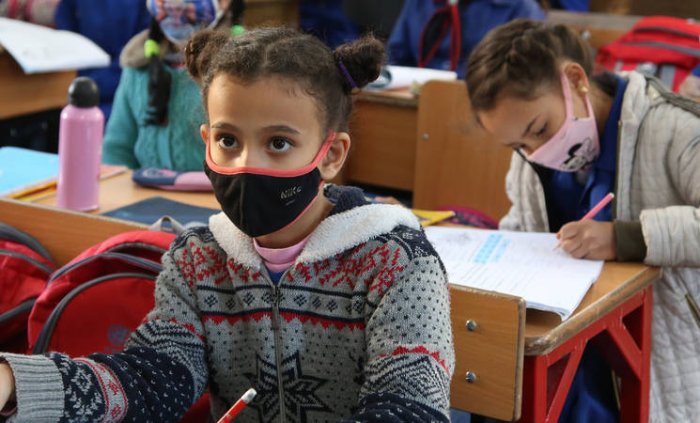
The United Nations Relief and Works Agency for Palestine Refugees in the Near East (UNRWA) is calling for US$1.5 billion to fund its essential services, emergency appeals and priority projects for registered Palestine refugees in the West Bank (including East Jerusalem), Gaza, Jordan, Lebanon and Syria. Of the required US$1.5 billion, US$806 million are needed for core services, such as education, health, relief and social services, protection and infrastructure and camp improvement. Emergency humanitarian assistance that UNRWA provides in response to the devastating effects of blockade and occupation in the occupied Palestinian territory (oPt) requires US$231 million. To respond to the hardship caused by the Syria conflict to Palestine refugees in Syria, Jordan and Lebanon, UNRWA is seeking US$318 million. Both emergency appeals include adjustments that UNRWA made to its services to prevent the spread of COVID-19 among Palestine refugees and address its impact. Approximately US $170 million are needed for priority projects to repair or build UNRWA facilities and strengthen or improve core services.
In 2021, UNRWA will continue to provide quality primary education, based on the principles of human rights and tolerance, to over half a million girls and boys. It will support the access of young Palestine refugees, particularly women, to training at the Agency’s renowned Technical and Vocational Training (TEVT) centers, whose students are usually employed within a year of their graduation. UNRWA health centres across the region will receive over five million patient visits, continue to provide telemedicine, ensure basic immunization coverage of all Palestine refugee children, as well as access to maternal, reproductive and mental health. Over 250,000 of the poorest refugees will receive cash assistance.
The humanitarian situation in the oPt drastically deteriorated as a result of the pandemic. UNRWA will support approximately 1.25 million food-insecure Palestine refugees through emergency food aid or cash assistance. Cash-for-work opportunities will help mitigate substantial loss of livelihoods, specifically in Gaza, and emergency education support will benefit more than 330,000 UNRWA students across the oPt. In addition, UNRWA will ensure continued access to primary, secondary and tertiary health care for Palestine refugees in Gaza and the West Bank, maintain COVID-19 prevention measures, respond to Gender-Based Violence (GBV) and child protection concerns, and monitor occupation-related protection incidents, especially in the West Bank.
In response to the Syria regional crisis, with its multiple layers of conflict, displacement, hardship and most recently, the pandemic, UNRWA will provide emergency cash assistance and food aid to 418,000 vulnerable Palestine refugees in Syria, and to 257,000 Palestine refugees in Lebanon, approximately 45,500 Palestinian refugees from Syria displaced to Lebanon and Jordan, and 138,000 most vulnerable in Jordan. In addition to the provision of basic relief items and shelter rehabilitation support for the most vulnerable refugees in Syria, UNRWA will seek to ensure refugees’ access to basic health care and support to secondary and tertiary health care in Syria, Lebanon and Jordan, as well as education in emergencies for students and protection services, especially related to GBV and child protection concerns.
Meeting the human development, humanitarian and protection needs of Palestine refugees until there is a just and durable solution to their plight is an investment in stability in the Middle East region. Following an unprecedented financial crisis in 2020, increased despair and a sense of abandonment among Palestine refugees, UNRWA appeals to its donors to provide the necessary funding to allow the Agency to fulfil its mandate, avert recurrent financial crises, which put the Agency’s core and life-saving humanitarian services at risk, and join efforts to collectively develop a forward-looking and sustainable vision for UNRWA.
Source: UNRWA